
Lhegu Glaciers, the headwater of the Parlung Zangbo River, lie in the southeastern part of Tibet Autonomous Region, southwest China. Glaciers are moving ice bodies composed of accumulated snow. In both polar and frigid regions, fallen snow that has accumulated for years compress into glacial ice. A unique feature of glaciers is their ability to move. The ice masses "flow" like a slow-moving river.
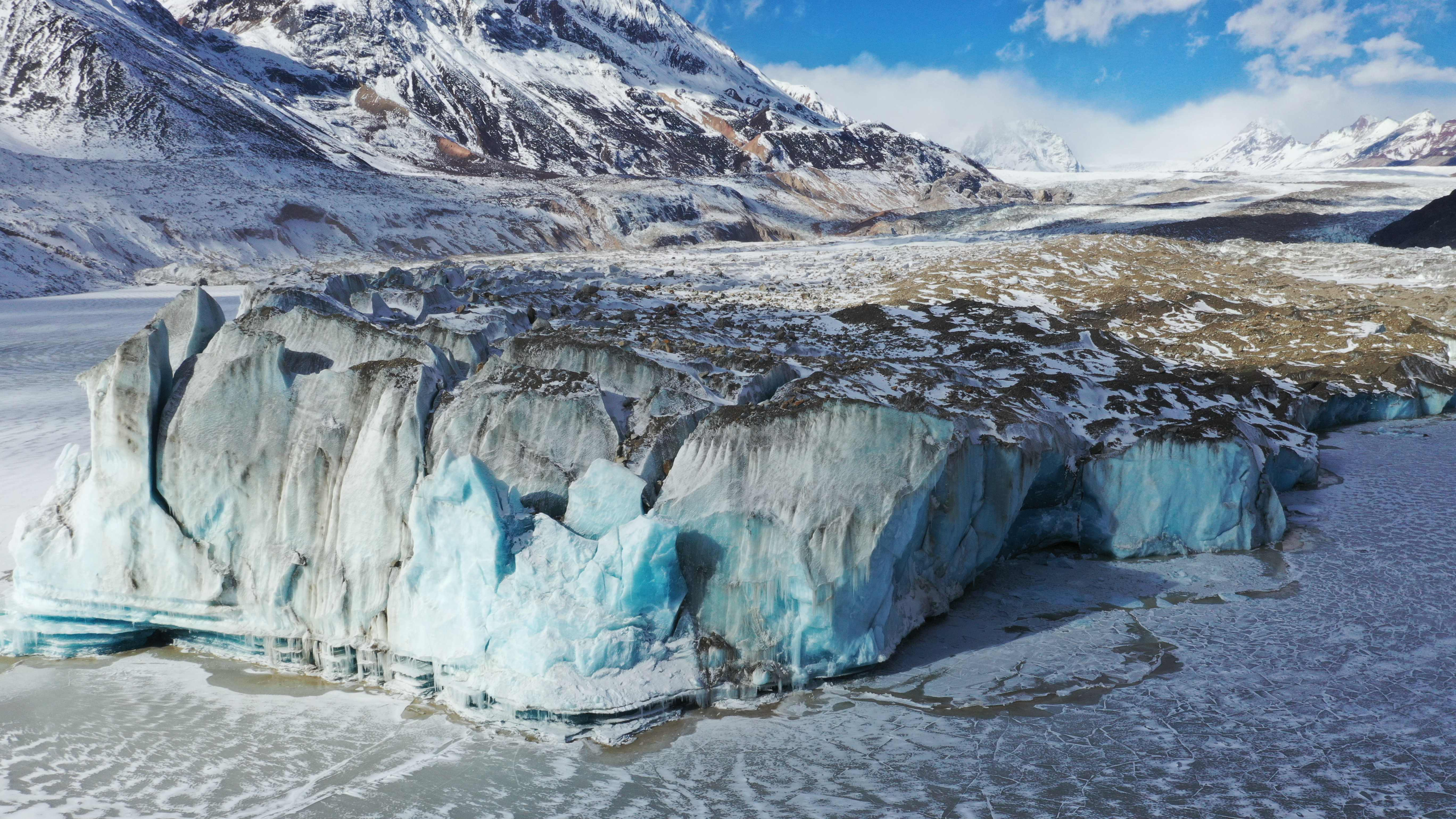
Lhegu Glaciers in southeastern Tibet Autonomous Region, southwest China. /CGTN Photo
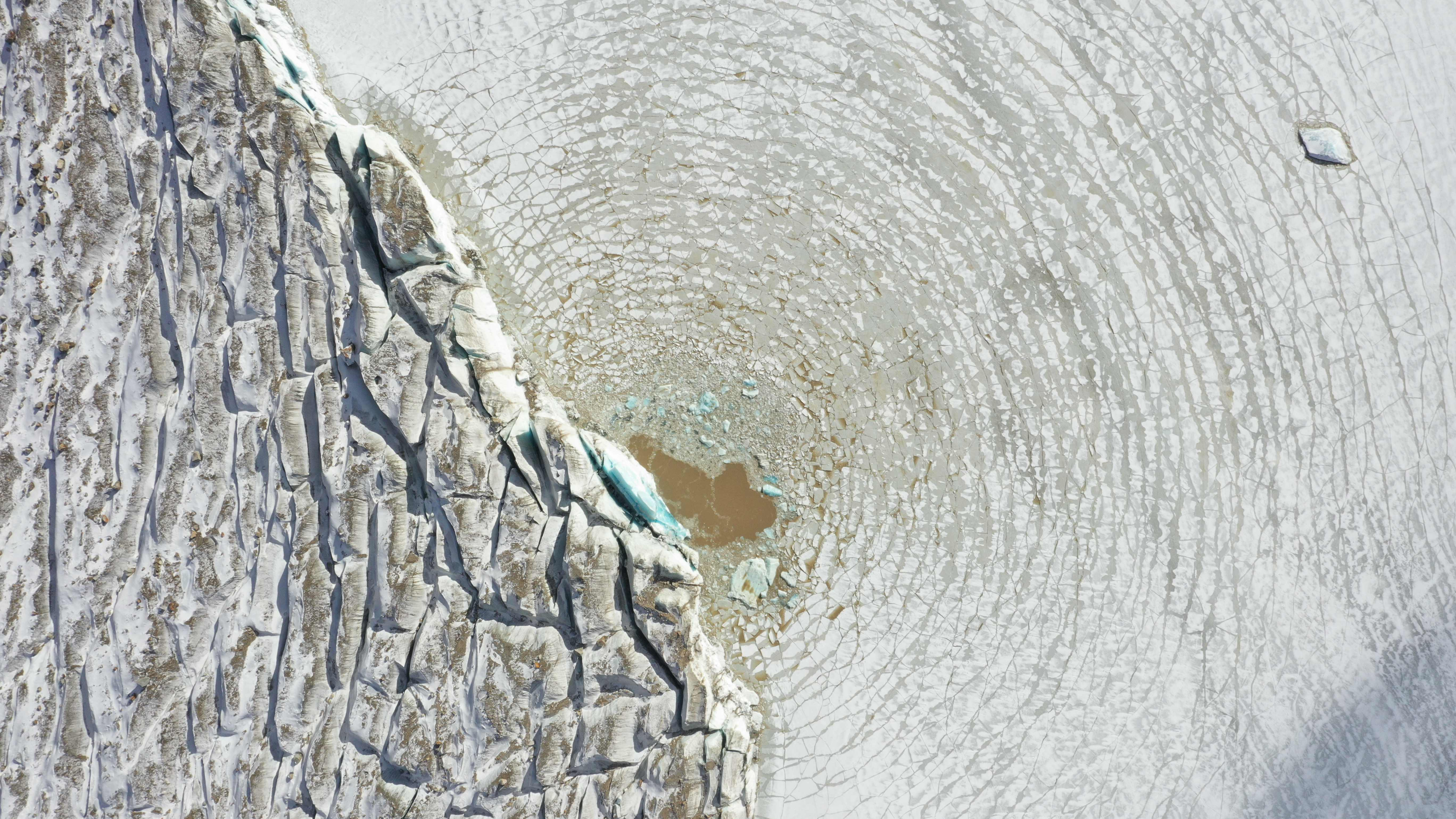
Lhegu Glaciers in southeastern Tibet Autonomous Region, southwest China. /CGTN Photo
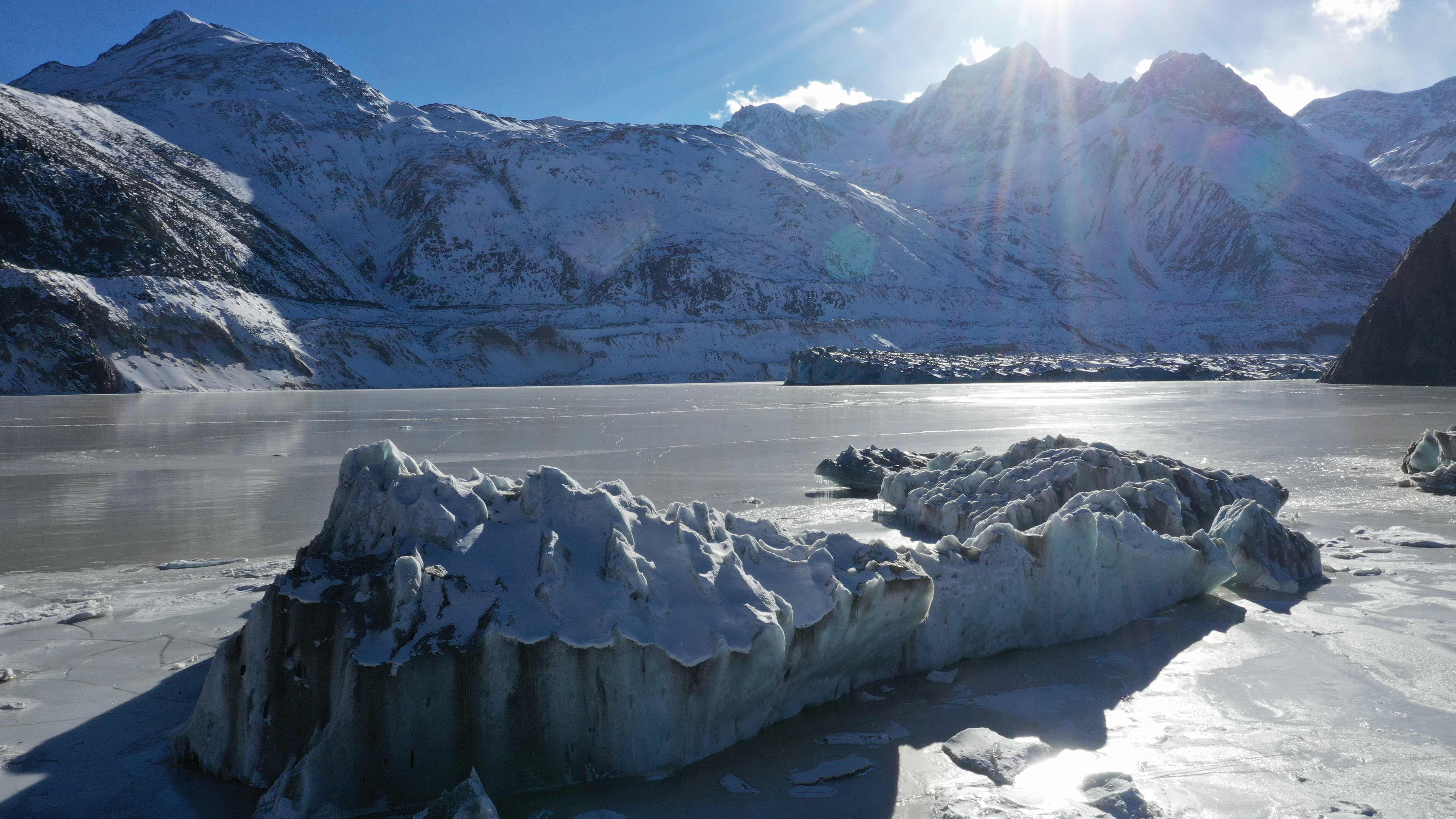
Lhegu Glaciers in southeastern Tibet Autonomous Region, southwest China. /CGTN Photo
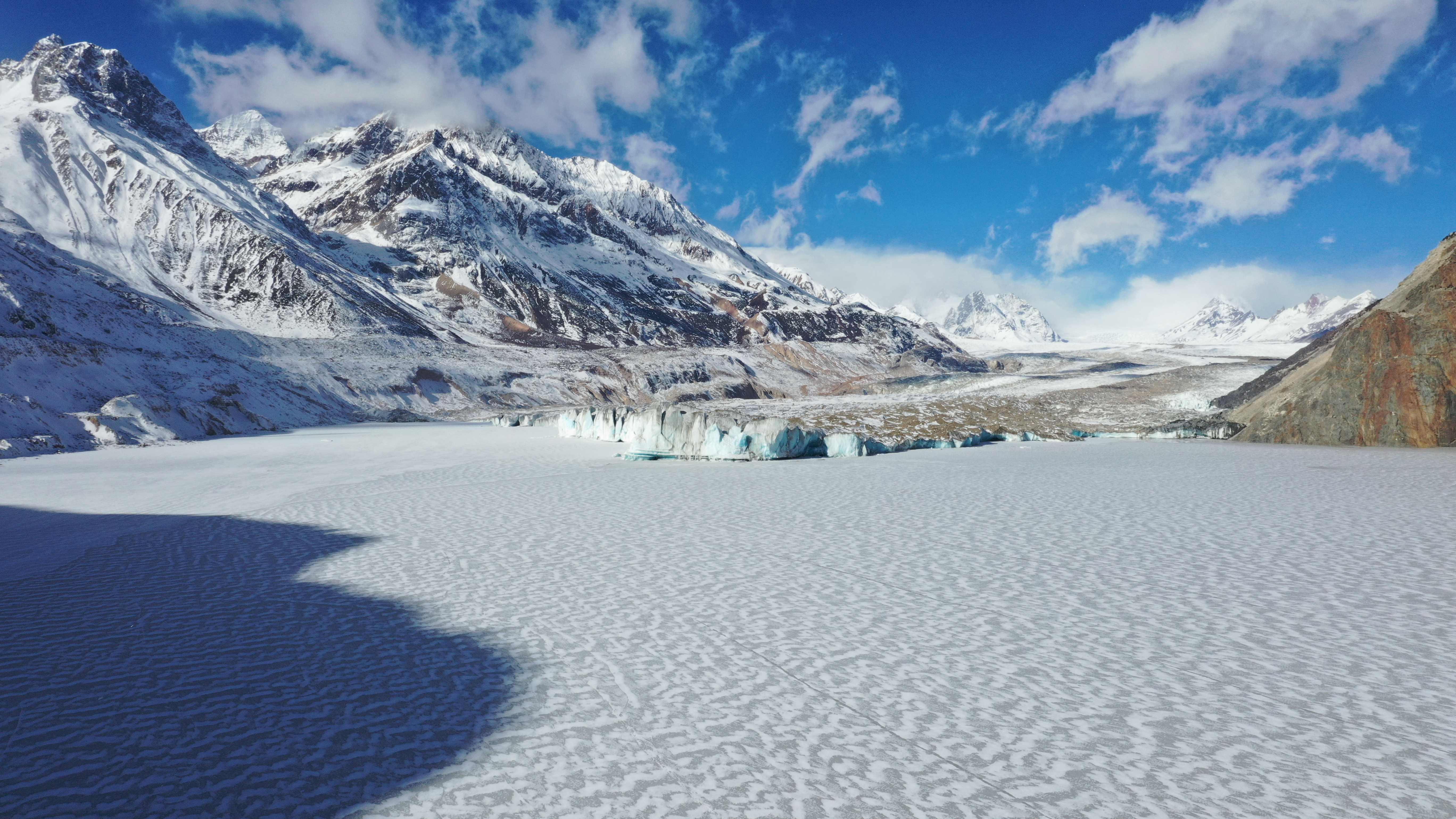
Lhegu Glaciers in southeastern Tibet Autonomous Region, southwest China. /CGTN Photo

Lhegu Glaciers in southeastern Tibet Autonomous Region, southwest China. /CGTN Photo
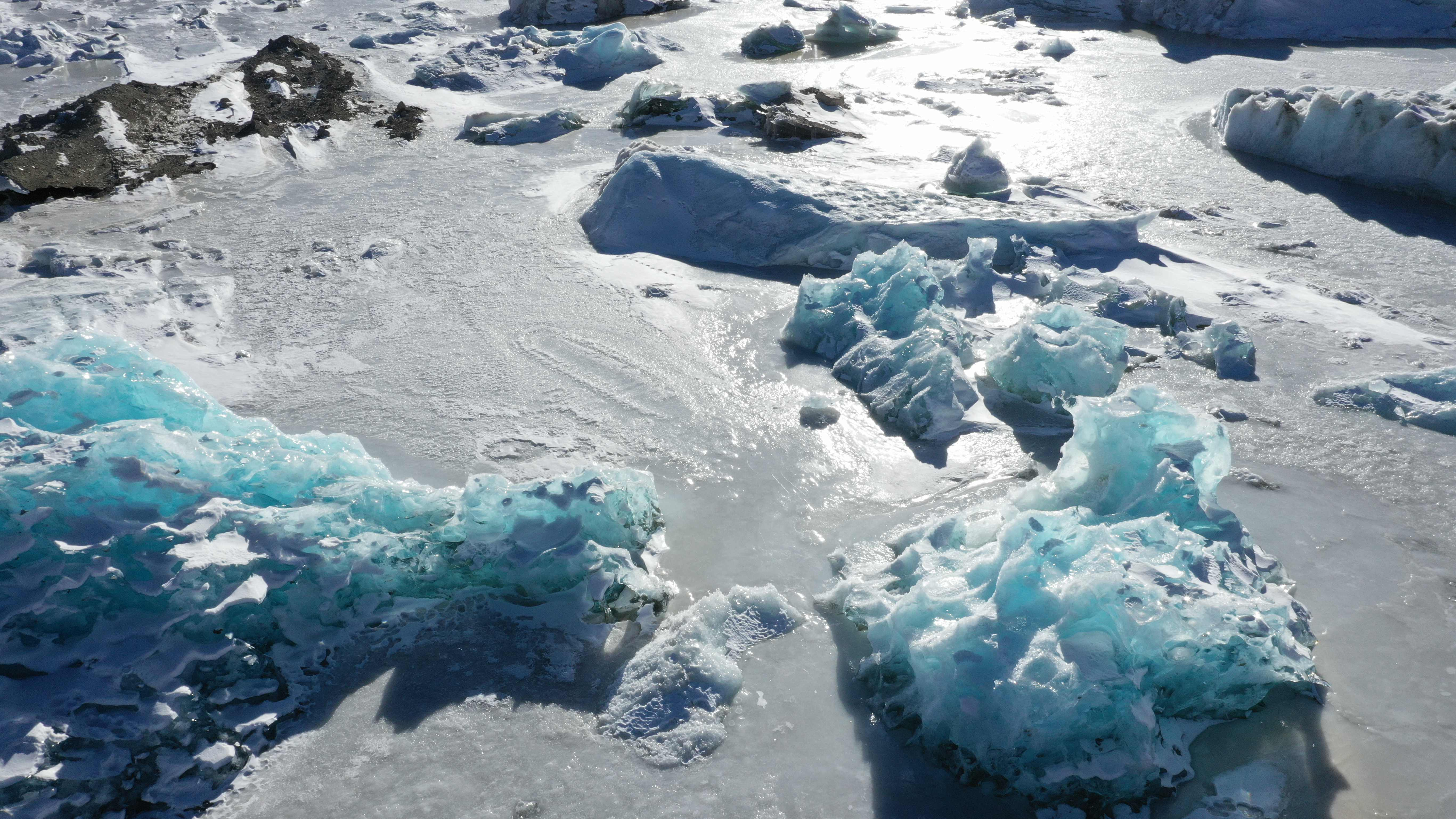
Lhegu Glaciers in southeastern Tibet Autonomous Region, southwest China. /CGTN Photo
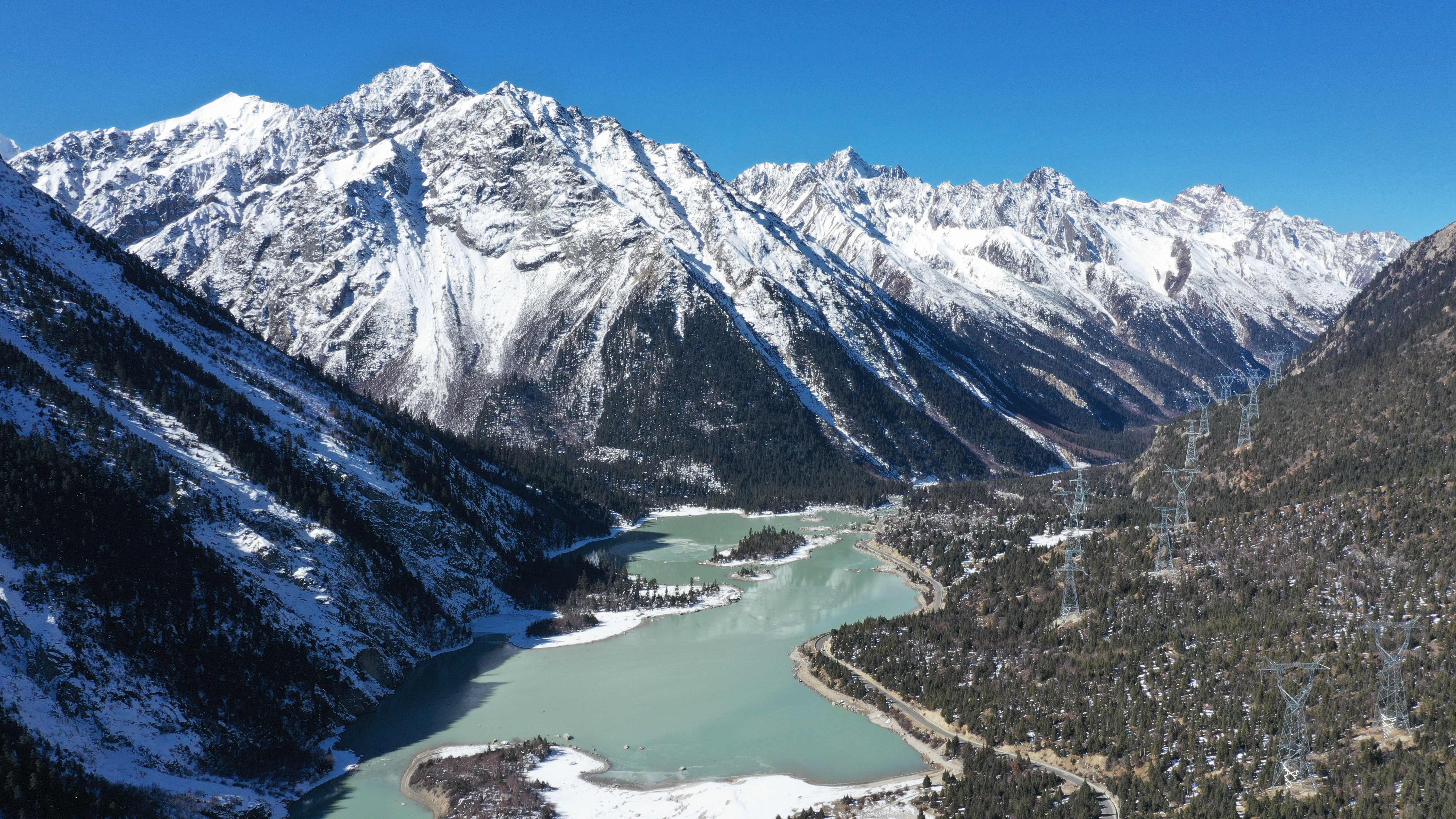
Lhegu Glaciers in southeastern Tibet Autonomous Region, southwest China. /CGTN Photo
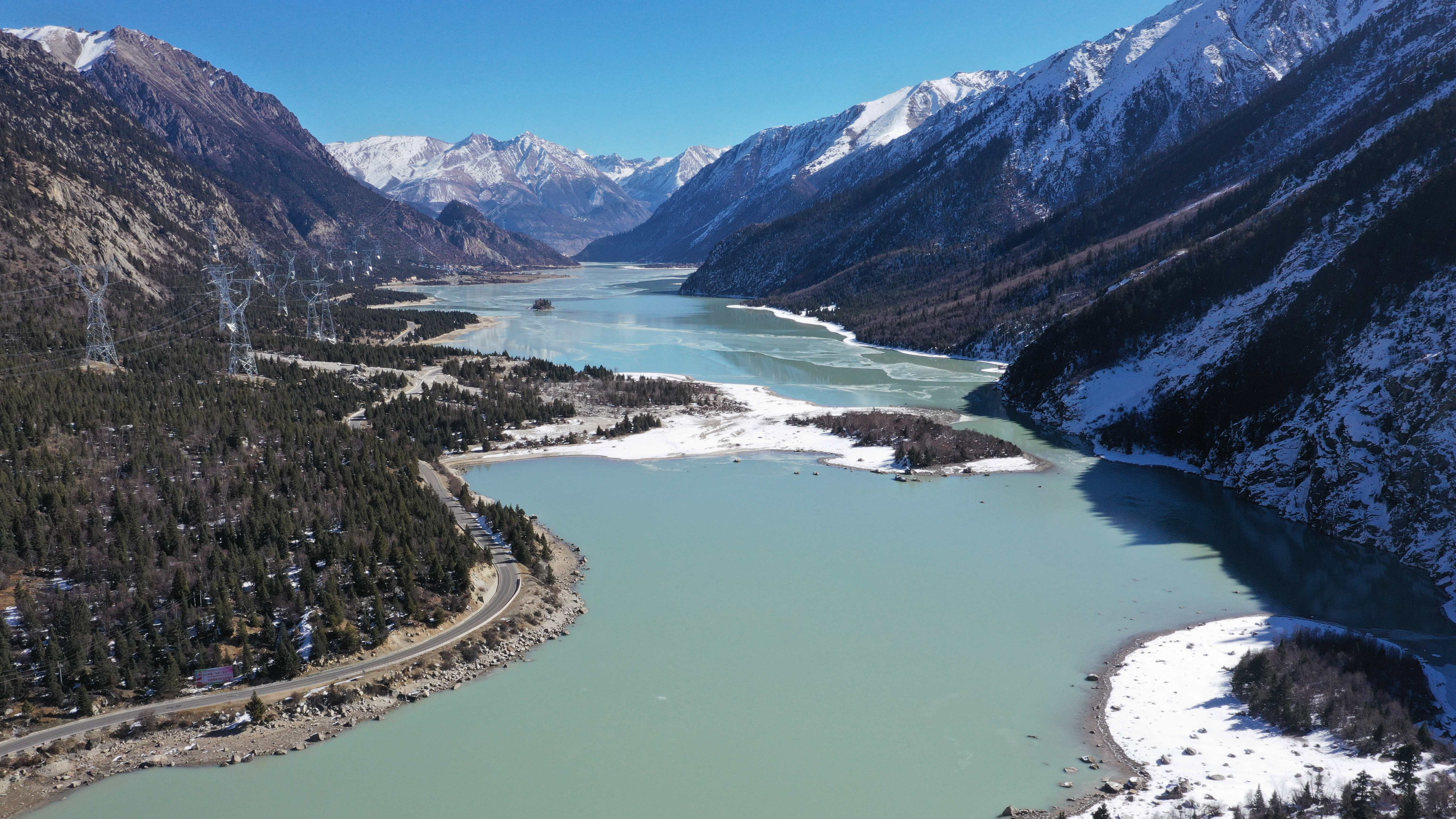
Lhegu Glaciers in southeastern Tibet Autonomous Region, southwest China. /CGTN Photo
(If you want to contribute and have specific expertise, please contact us at nature@cgtn.com.)

Copyright © 2018 CGTN. Beijing ICP prepared NO.16065310-3
Copyright © 2018 CGTN. Beijing ICP prepared NO.16065310-3